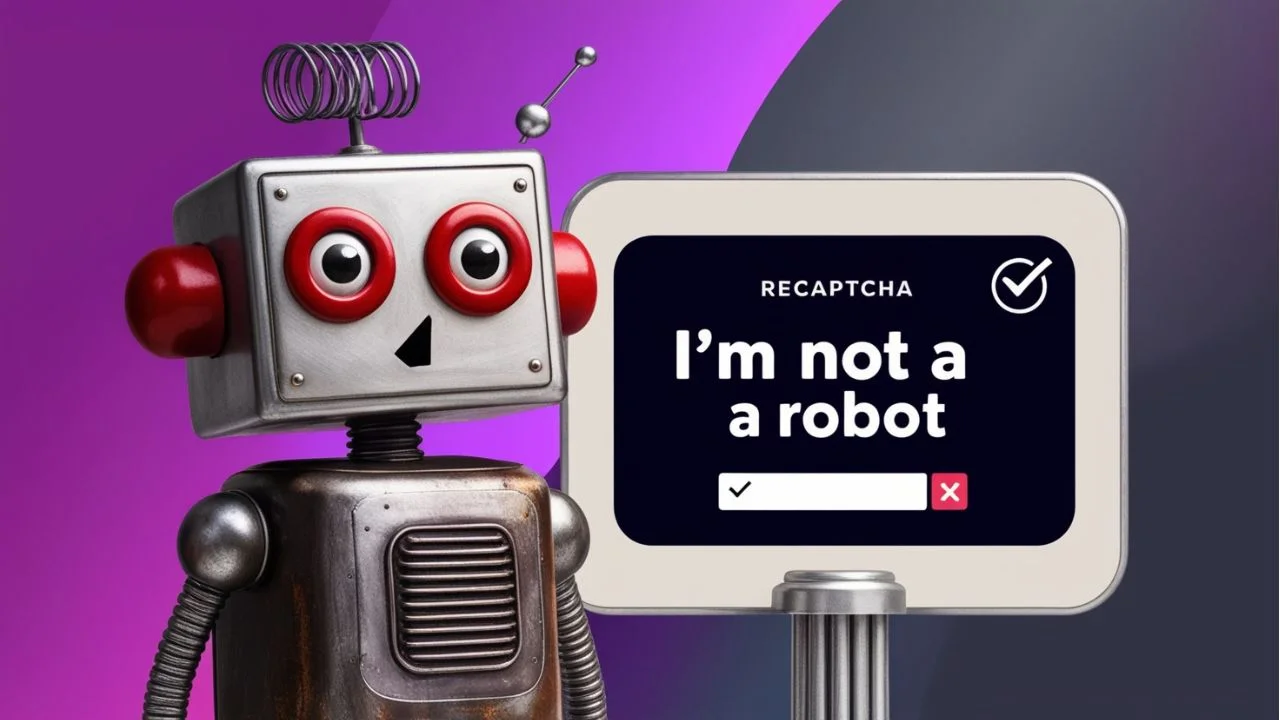
Artificial intelligence (AI) has taken another leap, now able to solve reCAPTCHAv2 tests—those frustrating image recognition puzzles designed to confirm you’re not a bot. And guess what? AI can solve them just as accurately as you can. But does that mean your favorite websites are at risk? Let’s break it down.
A team of researchers from ETH Zurich in Switzerland has developed an AI model that can successfully pass Google’s reCAPTCHAv2 image tests. These are the challenges where you’re asked to identify things like traffic lights, buses, and crosswalks to prove you’re human.
The AI, named YOLO (short for “You Only Look Once”), was trained using a dataset filled with images typical of reCAPTCHA tests. These include the usual suspects: cars, traffic signs, and environmental objects. By focusing specifically on these image types, YOLO was able to ace the tests, hitting a 100% accuracy rate in some cases. For reference, earlier attempts at cracking reCAPTCHA only saw success rates of around 68-71%.
Does this mean the AI is perfect? Not exactly. While it didn’t get every test right, its accuracy was high enough to pass for human almost every time.
CAPTCHAs, including reCAPTCHA, were designed as a safeguard to keep bots away from websites. They help block spam, malicious scraping, and automated attacks. But with AI getting smarter, CAPTCHA’s effectiveness is shrinking. The question now is: will CAPTCHAs need to become even harder for humans to solve?
This could spell trouble, especially for people with disabilities who already struggle with the complexity of CAPTCHA tests. Visual CAPTCHAs can be particularly difficult for the visually impaired.
But not everyone in the security world is hitting the panic button just yet. Google and other companies have already developed additional methods to separate bots from humans, including tools like device fingerprinting, which uses unique data from your hardware and software to track users. There’s also Apple’s Private Access Tokens, introduced in iOS 16, which serve as an alternative to CAPTCHA challenges.
As AI continues to evolve, CAPTCHAs may become a thing of the past, at least in their current form. Google has already shifted to more subtle, behind-the-scenes techniques like reCAPTCHA v3, which monitors behavioral data like how fast you click and move your mouse. According to Google Cloud, the majority of CAPTCHA protections today are invisible to users across millions of sites worldwide.
So, while AI cracking reCAPTCHAs might seem alarming, it’s unlikely to cause a major security crisis. The systems protecting you online are evolving just as fast as the AI trying to outsmart them.
Key Takeaways:
AI’s ability to crack reCAPTCHA tests is a reminder of how quickly technology is advancing. But security systems are evolving too, ensuring that the gap between bots and humans remains manageable. In the battle between AI and security, it’s clear both sides are playing to win.
Subscribe and get 3 of our most templates and see the difference they make in your productivity.
Includes: Task Manager, Goal Tracker & AI Prompt Starter Pack
We respect your privacy. No spam, unsubscribe anytime.